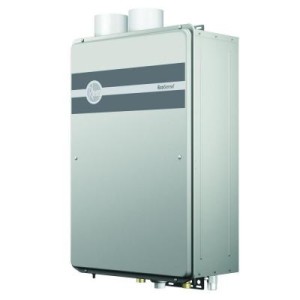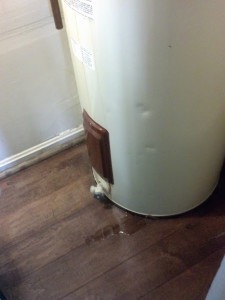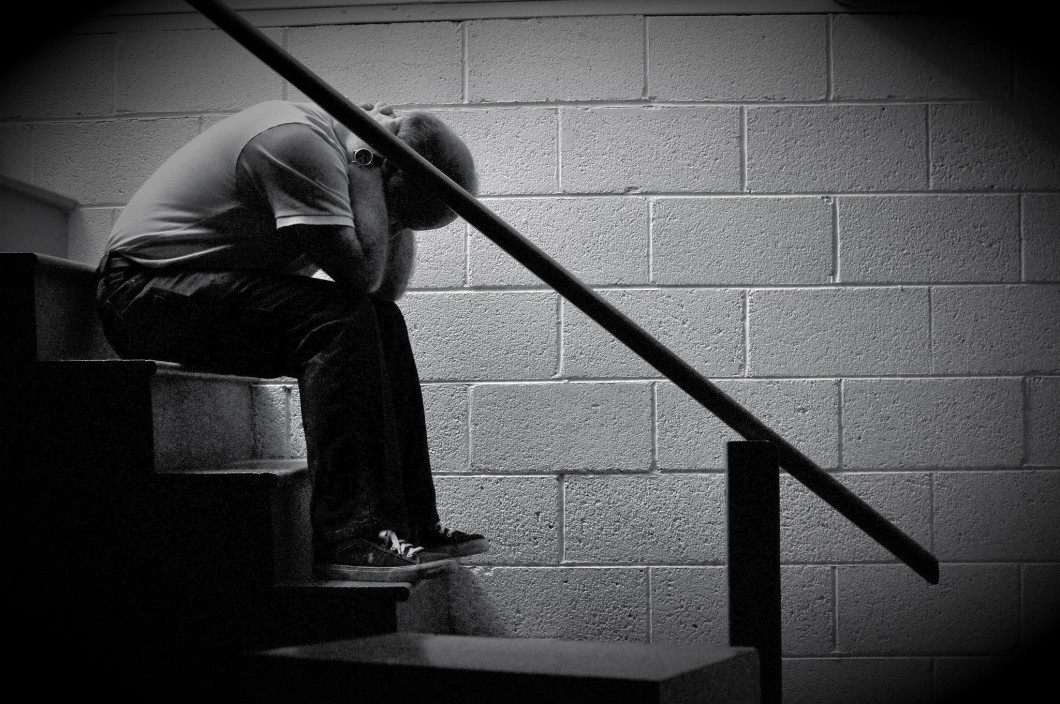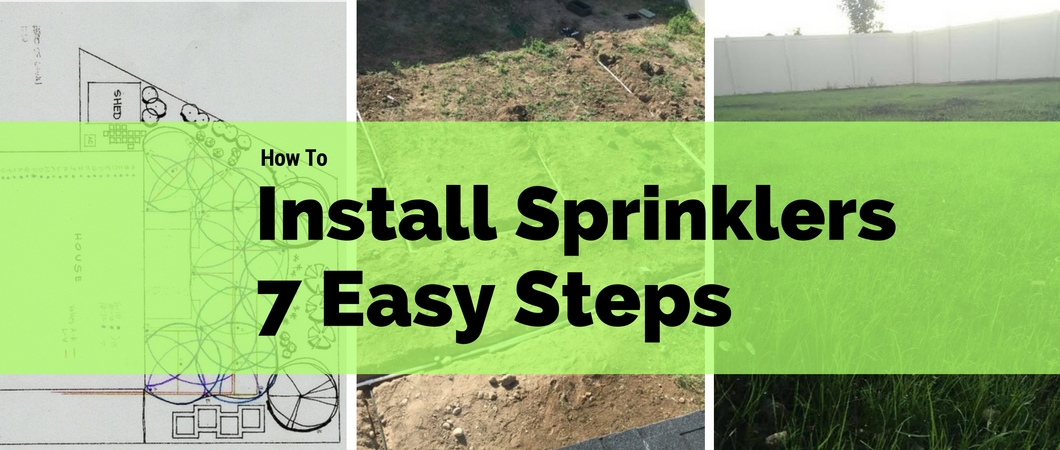Fast Fixes for Common Hot Water Heater Problems
Free house calls utility firms provide can come in handy for issues with gas tank supply or gas water heater burners. Unfortunately, they are not covering the general problems related to water heaters, so that’s either up to you to fix or seek professional assistance. It would definitely be useful to know how to deal with some of these single-handedly.
So, what would a water heater troubleshooting procedure entail, and how to know something is wrong? For instance, if you spot one of these, there may be a cause for intervention:

- There is not enough water heated
- The water is scorching hot
- You have noticed puddles and dripping around the heater
- The tank is producing awkward banging or gurgling noise
- The water has a funny smell or it got discolored
Insufficient amounts of heated water
For starters, you may just have a small water heater that can’t accommodate your family’s needs, particularly if you like filling the tub. A tankless system may just be the perfect solution for you. However, if you are geared up with a unit of considerable size and the problem persists, you should look for the root of the problem elsewhere.
The first thing to check is the dial. Adjust the temperature, wait for a while then check the heat of the water at the faucet. Also, consider there might be a leakage involved, so look around for drips. Next, if the previous suggestions don’t yield definite results, flush the tank to get rid of the mineral residue that decreases the heater’s efficiency.
If even this doesn’t cut it, try this. Test a pressure relief valve by lifting or lowering the handle. If the water doesn’t drain from the overflow line, you should replace it. Lastly, check the dip tube. If it’s cracked, it can lead to cold and hot water mixing.
When water is scalding
If you noticed that scorching water or steam are coming out of the faucet or the sounds of boiling are coming from inside the tank, the temperature regulator is most likely not in function.
The TP valves serve to remove the extra pressure that results from build-up of steam. When they’re faulty or incorrectly installed they may induce different issues. Whatever the reason behind the malfunction, this is a grave matter. Aside from the perils of serious bathroom leaks, the scalding water can hurt some of the house residents and the heater can eventually blow up if the issue gets overlooked.
Basically, what you can do on your own is to lower the temperature on the thermostat. Let the water cool, and then proceed with replacement of the pressure valve.
Discoloration and foul smells
The initial step in tracking down the nasty odour of the boiler water is determining whether it’s the tank or the city water supply to blame. Simply smell the cold water. If the odour is present, it’s the city line.
When it comes the presence of color, the dissolved substances such as copper, iron and minerals are the usual culprits. Installing a proper water filter can oust these efficiently, as well as bacteria and other potentially harmful chemicals.
If, on the other hand, the smells is coming from hot water alone and it reminds you of spoiled eggs, we know what it is. The “aroma” is released when the high content of sulfates in water damages the anode rod. If flushing doesn’t fix it, replace the anode rod.

However, the garlic scent may be a sign of broken pilot light. If turning down the gas valve doesn’t do the trick, vent the room and immediately call the utility service.
Strange noises
In short, most of the funny sounds our water heater is generating are coming from crystallized sediments. The minerals from hard water are sticking to the tank wall and lowering the heater’s capacity and efficiency. If you don’t flush it in time, the chunks will become too big for the drainage and can produce disturbing popping noises.
The expansion and contraction of the metal elements of the heater can also be the cause of the boiler’s crackling effects. Opt for quality models and protect your anode rods with regular clean-up.
Boiling sounds
If your tank sound like it’s boiling up, high chances are it’s the case of overheating and pressure build-up. The professionals should be called straight away.
As you can see, the maintenance of hot water units pretty much boils down to several problems. Employ our advice and masterfully fix the most common water heater malfunctions. You should know that the average life of a heater is roughly 8 to 12 years. If your heater is over 10 years old and or it leaks, you should consider replacing it.
Article written by Lillian Connors. If one thing is true about Lillian Connors, her mind is utterly curious. That’s why she can’t resist the urge to embark on a myriad of home improvement projects and spread the word about them. As the Co-Editor at SmoothDecorator, she cherishes the notion that sustainable housing and gardening will not only make us far less dependent on others regarding the dwellings we inhabit and what we eat, but also contribute to our planet being a better place to live on. You can check her out on Twitter and LinkedIn.





